![]()
» Dual Attitudes of Fundamentalists
This editorial focuses on dual attitudes of fundamentalists towards Iran’s foreign policy regarding Turkey. Fundamentalists in Iran have welcomed Major General Mohammad Baqeri’s recent trip to Turkey. However, when Foreign Minister Mohammad Javad Zarif visited Turkey authorities, the very same fundamentalists accused him of friendship with a government that was active against Iran in Syria. Such contradictory attitudes towards Iran’s foreign policy by fundamentalists is both strange and debatable.
The editorialist notes that all over the world, countries’ foreign ministries determine implementing foreign policy. Different tribunes, such as those of Friday mass prayers, however, unfortunately decide Iran’s foreign policy. Nowadays, some fundamentalists consider themselves as people’s representatives in many domains, even foreign policy. And this is happening in spite of the fact that people, by their votes, declared they endorsed JCPOA and interaction with the world. Fundamentalists nonetheless seek revenge by unreasonable meddling in foreign policy or denouncing it.
As for Major-general Baqeri’s latest visit from Turkey, it cannot be denied that military officials of different countries hold meetings throughout the world. Yet such meetings need to be regarded as a mission; a mission that must be introduced by the foreign ministry.
An editorial in “Aftab Yazd” on Wednesday, August 23, 2017
» Rouhani should continue his Silence
This editorial elaborates on the rationale behind President Hassan Rouhani’s silence over the arrest of his brother, Hossein Fereydoun.
President Rouhani has not interfered in the issue of his brother’s arrest and the charges brought against him for the following reasons.
First, Rouhani would be entangled in the same problems that Mahmoud Ahmadinejad’s administration once did. At the time, Ahmadinejad wrote a letter requesting to visit one of his relatives who had been detained in Evin prison. People did not believe that Ahmadinejad’s demand was due to his concern over observing the constitution, but found it a political measure of an authority who was merely thinking of himself and his own circle.
Second, if Rouhani had intervened in his brother’s issue, the opposite factions could use it to their own benefit.
Third, Hossein Fereydoun needs to defend himself and be accountable if he committed any infringement; and if not, he can surely manage to defend himself without dragging Hassan Rouhani into such chaos.
Given the above-mentioned reasons, the editorialist concludes, Rouhani should continue his silence about the issue, provided that Iran’s judiciary investigates this case fairly and impartially.
An editorial in “Aftab Yazd” Newspaper on Tuesday, August 22, 2017
» Did Iranian Reformists Fail?
Iran’s parliament members approved 16 out of 17 cabinet members nominated by Hassan Rouhani. This shows that the 10th Parliament is more willing to cooperate with the government compared to the previous one with whom Rouhani had many problems during the vote of confidence for his last cabinet. At first glance, some might call the recent vote a national triumph, but was it really a victory for reformists?
The editorialist believes that rejection of Habibollah Bitaraf and the Napoleonic vote for Mahmoud Hojjati on one side, and the approval of Abdolreza Fazli Rahmani and Mohammad Javad Azari Jahromi on the other side, shows that reformists have failed. And their defeat is an outcome of Guardian Council’s disqualifying reformist candidates for the 10th parliamentary election. If there were more reformists in parliament, the vote would be different.
Moreover, the editorialist hopes the rumors about some ministers’ promises to lawmakers in exchange for the vote of confidence is not true. At the end, Zibakalam stresses that the reformist Omid [Hope] fraction in parliament should do their best to reform election law in the next two years.
An editorial in “Aftab Yazd” Newspaper on Monday, August 21, 2017
» Iran’s Parliament: Chaotic, Confused
This editorial is a criticism of Iranian Parliament, including the way its open sessions are held as well as how parliament members act and behave.
The writer pictures a typical session of Iran’s parliament as a place where lawmakers are either talking to each other or have gathered around parliament speaker for raising objections or lobbying.
In the previous administration, since most of President Rouhani’s ministers were criticized for not being agile enough, he promised to replace them with younger candidates. Yet parliament members do not show any sensitivity towards this significant issue these days. Disorder and chaos dominating parliament’s open sessions is a testament to this claim. To exemplify, the editorialist refers to the way MPs change their views in the last minute, or parliament speaker keeps asking MPs to stay in their seats. Not to mention lawmakers’ taking a selfie with EU foreign policy Chief Federica Mogherini which brought the parliament into disrepute both in Iran and abroad.
On the whole, this editorial urges parliament members to act better during sensitive situations, such as when giving a vote of confidence or reviewing qualification of ministers. Parliamentarians should know that each time they do not raise their hands or raise them untimely, they become responsible before the Iranian nation.
An editorial in “Afkar” Newspaper on Sunday, August 20, 2017
![]()
♦ Tehran facing serious population problem
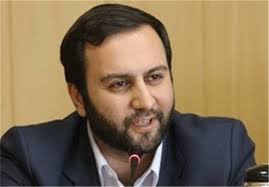
Member of the board of directors of Tehran City Council Mohsen Pirhadi said that even though Tehran’s population shows no increase in past 10 years and it is still 8.5 million people, the population of people living around Tehran shows a significant increase, thus becoming a serious problem. Pirhadi added that there are 4.5 to 5 million people living around Tehran, which can be considered as a serious problem. He said these people live somehow around Tehran, using this city’s infrastructure and services.
Gostaresh
♦ World Bank not to finance any projects in Iran

While Yusuf Geranpashah, head of northern Iran’s regional railway, was quoted as saying that the World Bank has agreed to provide 1 billion Euros for railway electrification project in Iran, the World Bank says right now it has no plans for financing any projects in Iran.
Iran has signed an agreement with Chinese, Russian, Italian and German companies for developing and reconstructing its rails, but it seems that the condition of investment in this joint project with Russia is still unclear.
VOA Persian
♦ 18 political prisoners on hunger strike in Iran
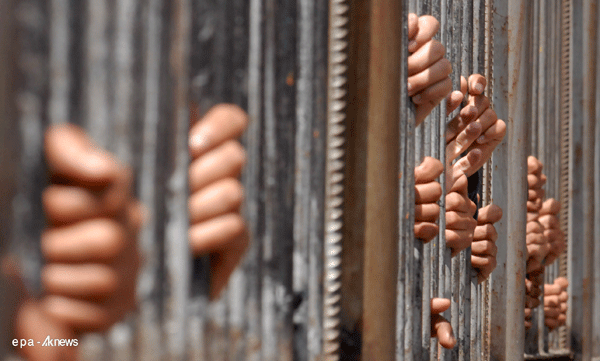
With 18 political prisoners on hunger strike in Iran, Amnesty International has issued a statement saying that conditions of political prisoners in Rajaee Shahr Prison in Karaj are so bad that prisoners had to launch hunger strike for their basic human rights.
At least two relatives of political prisoners in Rajaee Shahr Prison told VOA that 18 prisoners have started their hunger strikes in objection to transferring political prisoners of this prison to a security ward.
VOA Persian
♦ Karimi Ghodousi: 3 other nuclear spies are fugitives
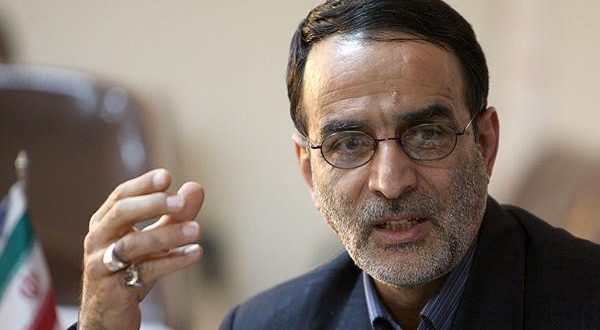
Fundamentalist MP Javad Karimi Ghodousi, in continuation of his disclosures, announced 3 other names, whom he claims are “nuclear spies”. According to Karimi Ghodousi, all 3 are fugitives now.
Karimi Ghodousi who had previously called Abdul Rasol Dori Esfahani, a senior member of Iran’s team in nuclear negotiations, as a “spy”, has now claimed that Mashkoor, Ramazani, and Sirus Naseri are nuclear spies as well.
Ghodousi claimed that Iran’s nuclear negotiation team, consisting of Zarif, Araghchi, Takhtravanchi, and Salehi, “was apparently in charge of writing JCPOA, and it was these 4 people who were really and secretly in charge of negotiations.”
Radio Farda
♦ Zarif warns against consequences of Nikki Haley’s trip
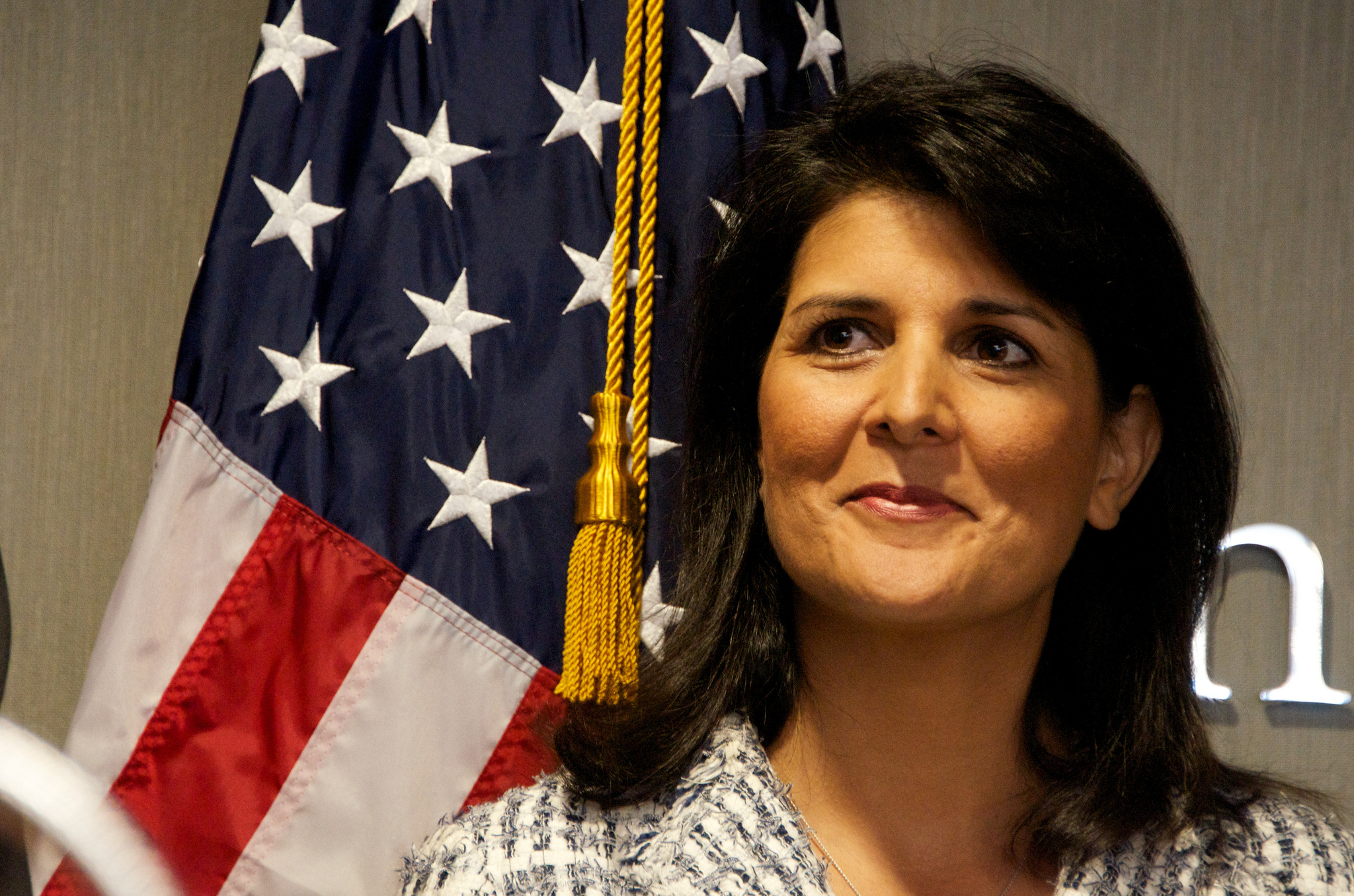
In a letter to IAEA Director General Yukiya Amano, Iranian FM Mohammad Javad Zarif warned against fallouts of an American official’s trip to Vienna regarding the implementation of Iran’s nuclear deal with P5+1 (JCPOA).
U.S. Ambassador to the United Nations Nikki Haley is going to meet with IAEA officials to discuss Iran’s nuclear program.
In his letter to Yukiya Amano, Zarif wrote, “Even before the trip takes place, the way it is planned and publicized and the signal that it sends have notable detrimental consequences for the successful implementation of the JCPOA.”
Jam-e-jam online
♦ Criticisms against Omid Fraction for pursuing personal interests
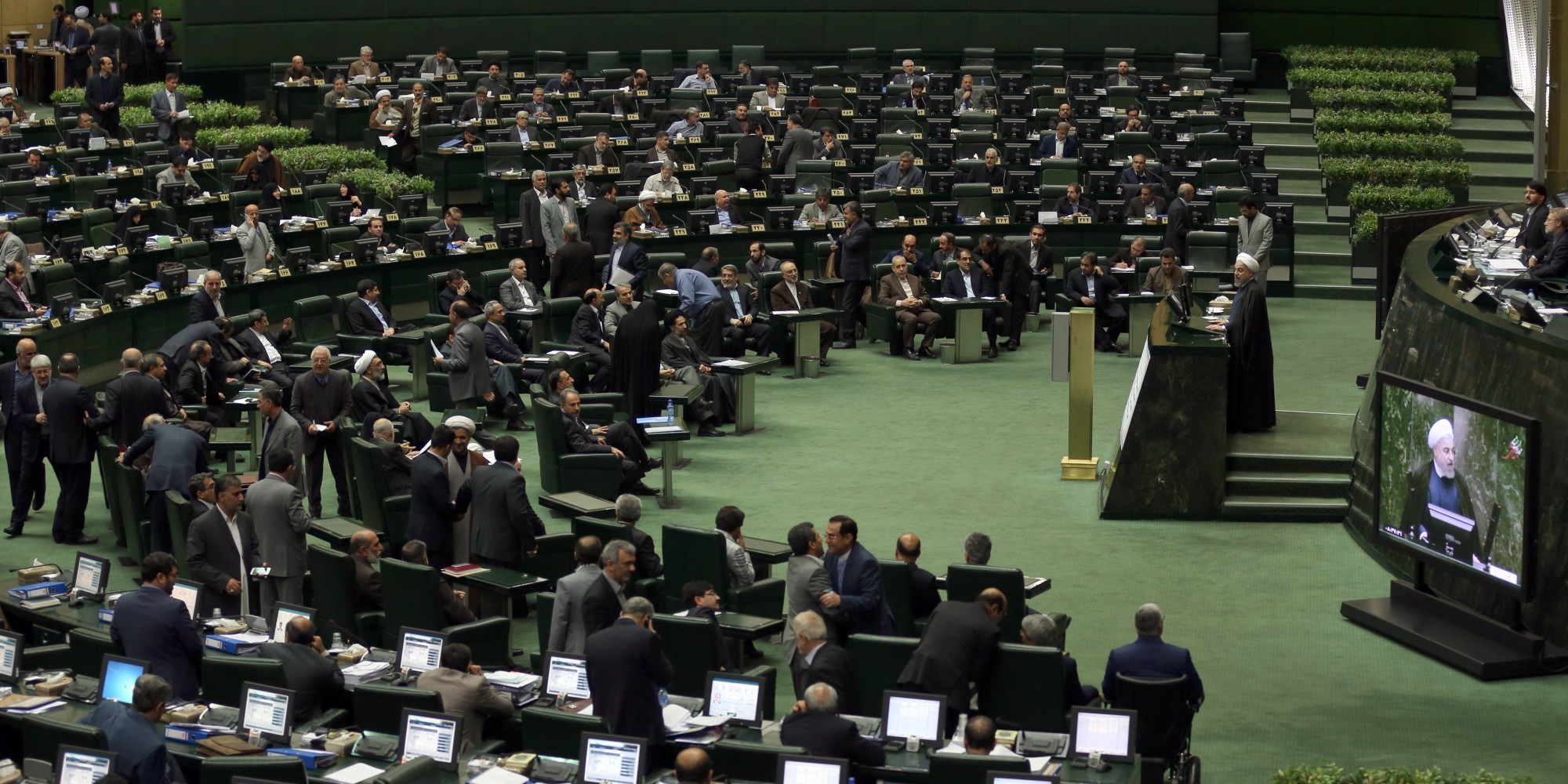
In their assessments of Omid [Hope] Fraction in the Iranian Parliament, reformist figures and activists strongly slammed the performance of this fraction in the parliament. They stressed that any blow they receive in next years will be because of the performance of Omid [Hope] Fraction in the parliament, adding that those who are in Omid list are after their own personal interests.
Criticisms against Omid [Hope] Fraction mounted when Bitaraf, the proposed candidate for Energy Ministry, could not obtain a vote of confidence in the parliament.
Kayhan
♦ Zarif: Upholding JCPOA is Iran’s priority in foreign policy
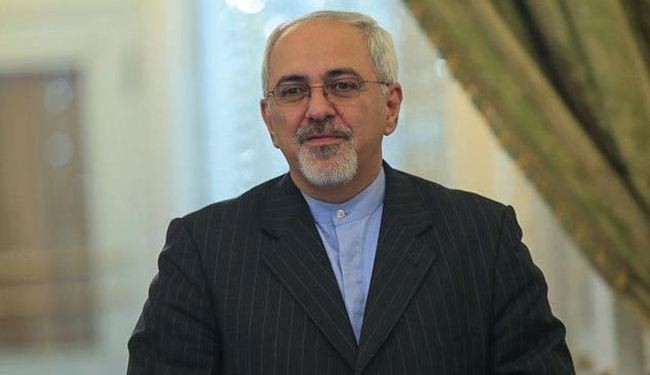
Iran’s FM Mohammad Javad Zarif emphasized that one of the priorities of the 12th government’s foreign policy is upholding JCPOA and preventing the U.S. from not fulfilling its obligations. Zarif added, “as we have said before, we shouldn’t allow the U.S. to implement or violate JCPOA at the cost of Iran.”
Abrar news
♦ Poor health conditions around Tehran
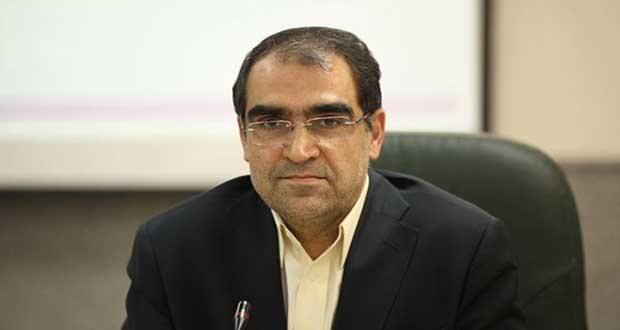
Health Minister Hassan Hashemi expressed hope to complete hospitals in Malard and city of Quds in next two years, highlighting the poor health and treatment conditions in cities around Tehran. Hashemi added that perhaps it is hard for Iranian people to believe that in some populated cities such as Malard, Gharchak, and Robat Karim, there is not even one single hospital bed.
Arman
♦ Two journalists arrested in Iran in past 10 days
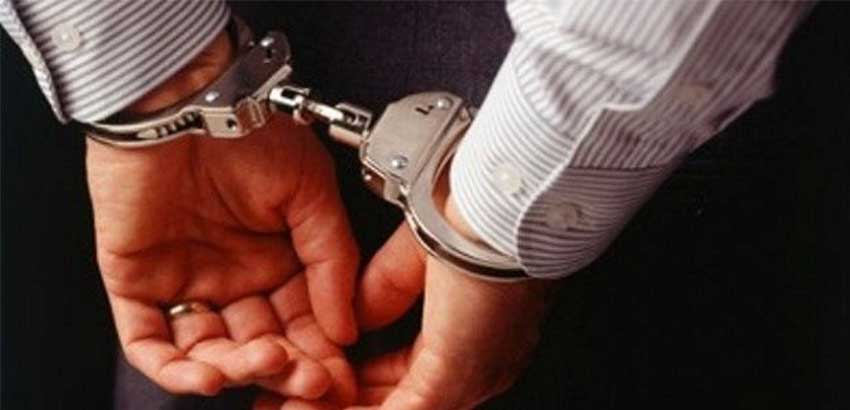
Journalist Yaghma Fakhshami has been arrested by security forces, according to Fakhshami’s family. The reason for his arrest is not clear. He was previously arrested in 2014, as well.
Moreover, 10 days after arresting Sasan Aghaee, deputy chief editor of Etemaad newspaper, it is not yet announced why he has been taken into custody. Aghaee was arrested in the newspaper’s office.
Radio Farda
♦ New commander appointed for army
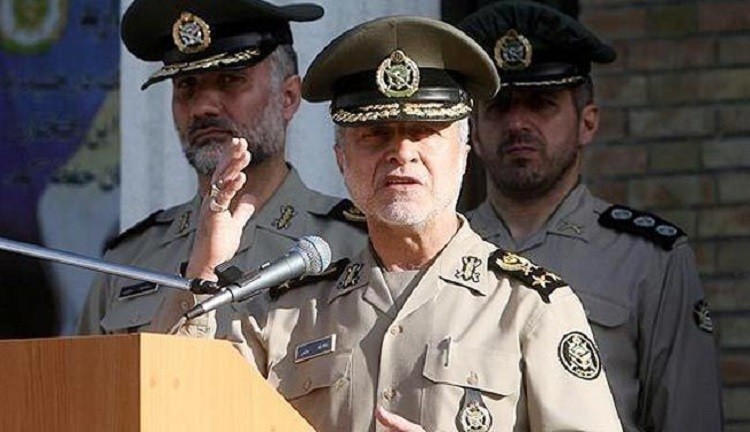
Ali Khamenei, Iran’s supreme leader, and commander-in-chief, appointed Brigadier-General Seyyed Abdul-Rahim Mousavi to chief commander of Army of the Iranian Republic. Brigadier-General Attallah Salehi was appointed as deputy head of General Staff of Armed Forces.
Arman
♦ Bavar 373 missile system at final stages
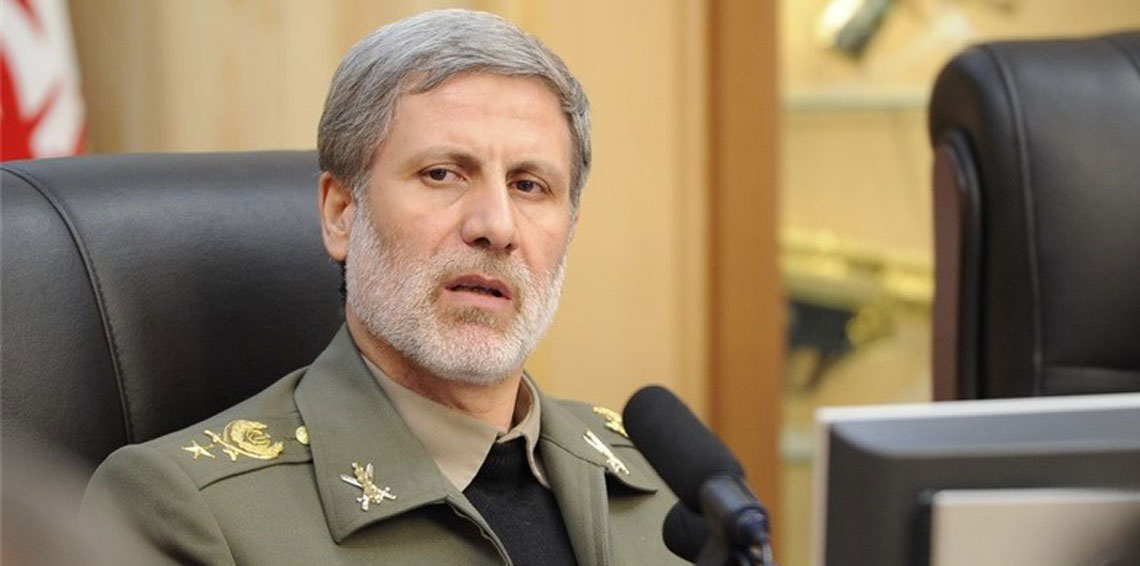
Defense Minister Brigadier-General Amir Hatami said Bavar 373 missile system has reached its final stages and will become operational at the appointed time. He added that it will become operational before four years.
Jam-e-jam online
♦ Salehi: Iran can resume 20% enrichment in 5 days

Head of Atomic Energy of Iran Ali Akbar Salehi said Iran is capable of resuming 20% enrichment in 5 days at most. Pointing out to Hassan Rouhani’s warning to America about violating JCPOA and resuming the nuclear program, Salehi urged “this is not just a baseless warning, but it is supported by data that the president has in his possession”.
Head of Atomic Energy of Iran considered preserving Fordow Fuel Enrichment Plant as one of the strong points of JCPOA, adding they were after closing this plant.
Young Journalists Club
♦ Qassem Suleimani: Iran is after interests in Syria
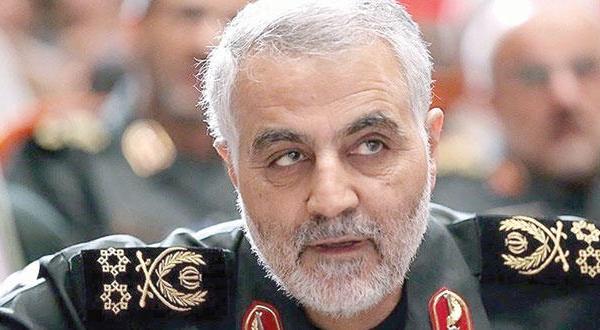
Commander of IRGC Quds Force Qassem Suleimani pointed out to some Iranian officials’ remarks as to Bashar Assad being a dictator, saying Tehran’s presence in Syria is due to its interests. He added some high-ranking officials used to say that Iran did not have to enter Syria and Iraq and should defend the revolution respectfully, and somebody said: “this means that Iran is defending a dictator”. Qassem Suleimani urged that “the leader said when we look at the countries with which we have relationships, we look at our own interests, disregarding which one is or isn’t a dictator.”
Anatoli news agency
♦ Lawmaker: Iran’s winning card is boosting strategic depth
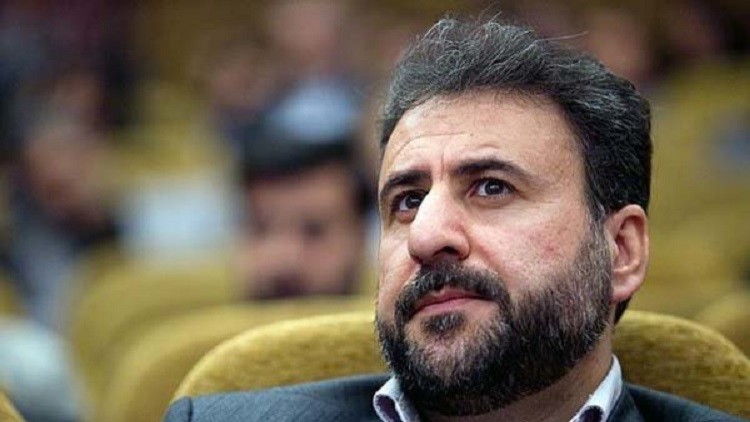
Heshmatollah Falahatpisheh, the member of Parliament’s National Security and Foreign Policy Commission, said strengthening the strategic depth of the country is the winning card of the Iranian Republic. He added that strategic depth means “playing in the field designed by the enemy, far from our own borders.”
Falahatpisheh urged that boosting defense and missile programs, as well as Quds Force which protects Iran’s security overseas, is one of the essential instructions for “confronting U.S. terrorist measures in the region”. He emphasized that instead of playing in the U.S. court, “we must take retaliatory measures against America.”
Tasnim news
♦ New nuclear cooperation between Iran and Switzerland

Head of Iran’s Center Nuclear Safety System Hojatollah Salehi, met with Swiss Federal Nuclear Safety Inspectorate Hans Wanner to further bilateral cooperation. This meeting took place to follow up on the implementation of the memorandum of understanding between safety systems of Iran and Switzerland signed last year.
In this meeting, it was decided that a delegation of Swiss experts in the field of nuclear safety system go to Iran in autumn this year to cooperate with this center.
Ebtekar
♦ Torkan: Iran’s banking system is most backward

Akbar Torkan, chief advisor to Iran’s president, strongly criticized Iran’s banking system, saying that Iran has the most backward banking system in the world. Torkan added that the biggest mission of the 12th government is to fix this defective system; otherwise, the country’s production will face difficulties.
Chief advisor to Hassan Rouhani said they are after bringing international banks to free zones, adding that bringing these international banks will create a comparative system, which will result in fixing the defective banking systems in the country. Pointing out that free zones started working since 1993, Akbar Torkan said what is achieved in these zones is the result of a 24-year performance.
Asr Iran
♦ Boroujerdi: Iran’s counter-measures against violation of JCPOA not just slogan
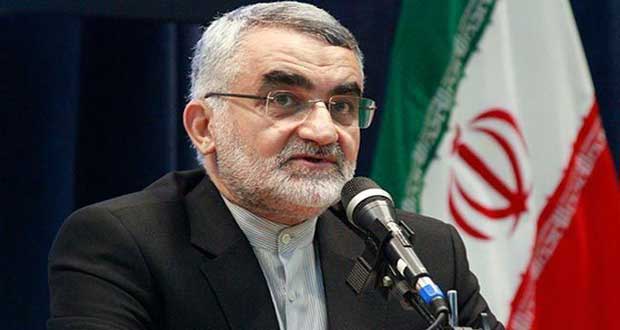
Alaeddin Boroujerdi, head of National Security and Foreign Policy Commission in Iran’s parliament, said Iran’s counter-measures against the U.S. and violation of JCPOA by this country are not just slogan. Boroujerdi added, “we have many options for responding to U.S. anti-Iranian measures, and our hands aren’t tied.”
Head of National Security and Foreign Policy Commission urged that one of the most important measures taken by Iran in the issue of violation of JCPOA will be international clarifications against U.S. unethical behaviors because this country has not fulfilled its obligations in the nuclear deal.
Javan
♦ Financial indiscipline of ministries, unbelievable!
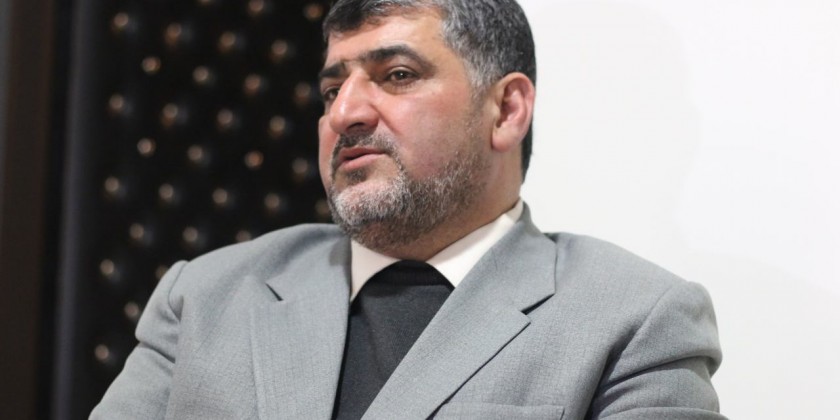
Kazem Delkhosh, the member of Parliament’s Economic Commission, criticized court of audit for publishing indicators of financial indiscipline. He said in the final stages of reviewing competence of ministers, the court of the audit which is executive arm of the Parliament published a form in which indicators of financial indiscipline were mentioned. Delkhosh urged that publishing these indicators was an injustice to ministers, and board of directors should not have been allowed it.
ISNA
♦ Dehghan, advisor to Khamenei in defense industries

Iran’s supreme leader and commander-in-chief appointed former defense minister Hossein Dehghan as his advisor in the defense industry and support for armed forces. He pointed out to Dehghan’s effective experience in different defensive domains, particularly in the defense industry.
Iran newspaper
♦ 14% of students are addicted

Sociologist and faculty member of Allameh Tabatabai University Amir Mahmoud Harirchi said Iran’s ministry of education denies that students use psychoactive substance and tobacco, and has no solution for preventing this issue. Harirchi added that social pathologies increase 15% in Iran each year.
Pointing out to the widespread use of tobacco, psychoactive substance and other risky behaviors among high school students, Harirchi urged the main issue is that the social pathologies in Iran are becoming more popular among the youths and women. According to studies of Parliament Research Center, more than 15% of students have had sexual experiences and have used psychoactive substance before the age of 15 and high school.
Harirchi added many students start using drugs to stay awake and study, which then turns into addiction.
Arman Emrouz
♦ Iranian Parliament gives votes of confidence

After 5 days of reviewing and discussing the cabinet and plans of candidates for ministries, Iranian MPs gave their votes of confidence for each minister separately. After listening to President Rouhani’s final defense of his suggested ministers, lawmakers announced their views about the competence of each minister for being present in the 12th government.
Of 17 candidates who were suggested for these positions, 16 got votes of confidence. Only Habibollah Bitaraf, the candidate for energy ministry, failed in getting the vote of confidence. Bitaraf who was energy minister for 2 years during Khatami’s presidency, was severely criticized in past few days for his record in building dams during his ministry.
ISNA
♦ Reformist politician calls for monitoring realization of Rouhani’s promises
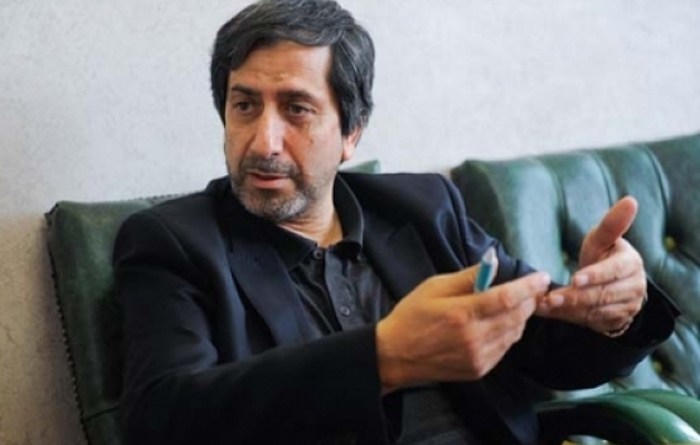
Gholam-Reza Zarifian, the reformist politician, underscored that experience shows presidents tend to forget their promises in their second terms, thus missing the opportunities. He urged that the president and his cabinet must be monitored to make sure that promises of all ministries are realized; otherwise, “we will face difficulties in 2021.”
Ebtekar
♦ Exporting 2 million barrels of oil from South Pars
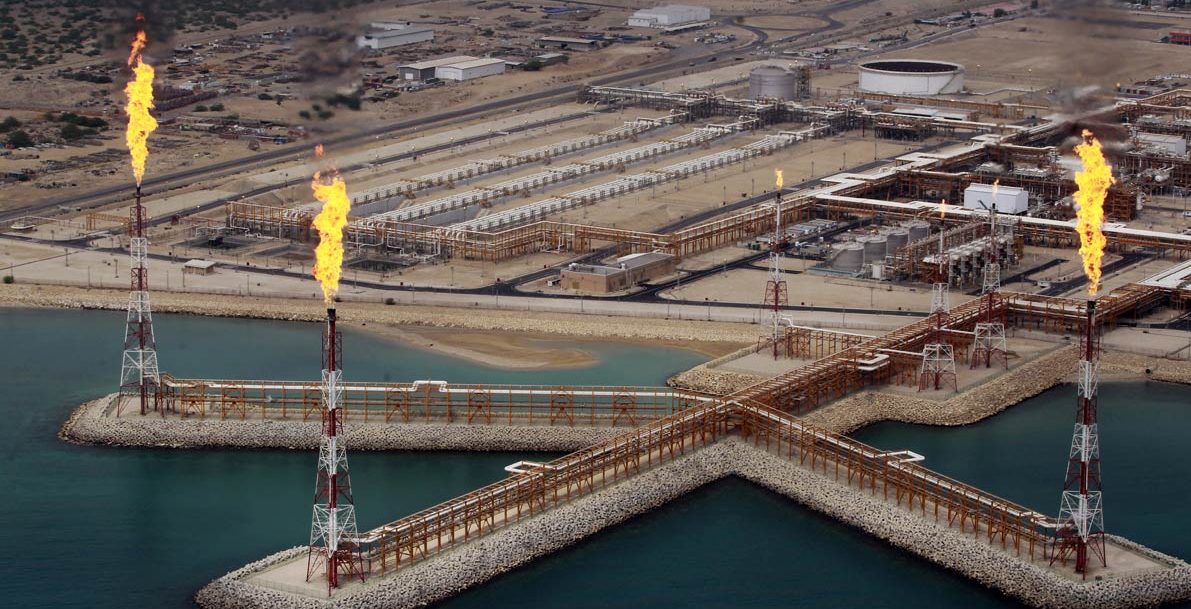
Oil minister Bizhan Zanganeh announced export of four shipments of crude oil, 2 million barrels in total, to markets of East Asia. South Pars is one of the largest gas fields in the world – with oil layers which were not drilled before the 11th government.
Abrar Eghtesadi
Heidari: helicopter, artillery capabilities of Army Ground Forces to increase
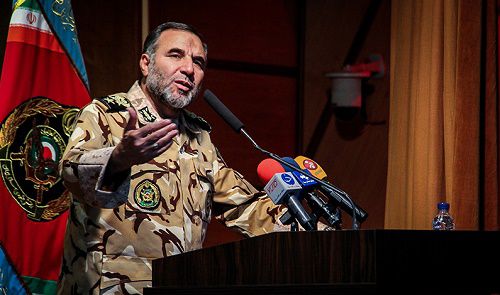
Commander of Army Ground Forces General Kioumars Heidari considered helicopter and artillery units as two features of the power of ground forces, adding the capability of these units will increase in future. Heidari said Army Ground Forces has increased its combat and defense readiness with creating a rapid reaction and offensive units.
Jomhouri Eslami
♦ Changes in command of Army Air Force
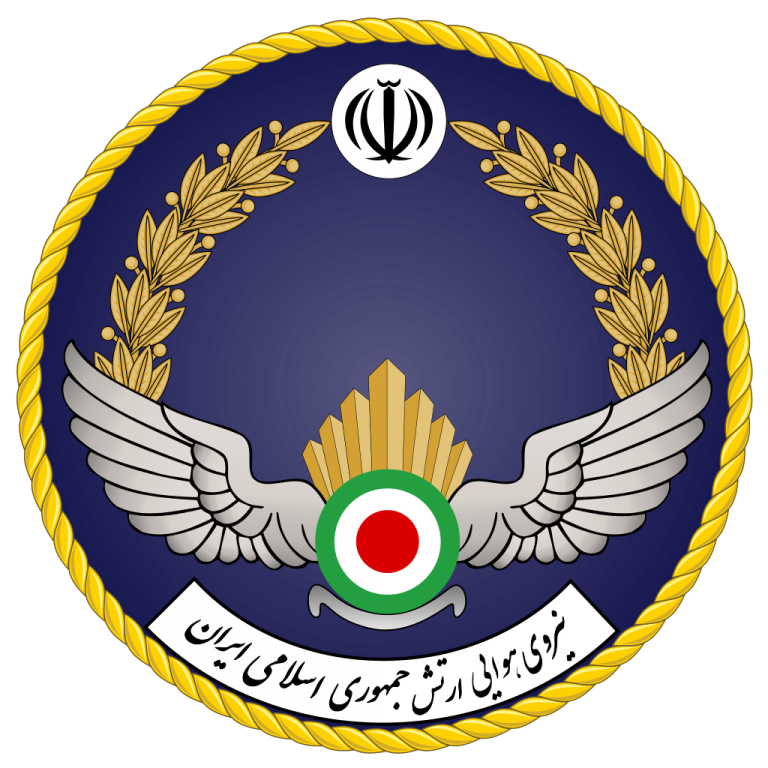
Brigadier General Aziz Nasirzadeh was appointed deputy commander of Iranian Army Air Force. Previously he was the coordinator of this force. Also, 2nd Brigadier-General Mohammad Gharehbaghi was assigned as coordinator of this force, and chief of staff of Army Air Force.
Abrar news
♦ Rahmani Fazli: Border regions in Iran suffer greatly

According to Interior Minister Abdulreza Rahmani Fazli, by studying the past 70 years in the country, one can observe imbalance in different fields. He added that strategic Iran’s border regions– such as Sistan and Baluchistan, Bushehr, Kermanshah, and Lorestan – suffer from this imbalance. Rahmani Fazli urged that in regions where there is an accumulation of wealth, there is also accumulations of crimes, which means a large part of Iran is suffering from a huge pain.
Jam-e-jam online
♦ Iran’s Consul General met with Goran movement leader in Erbil
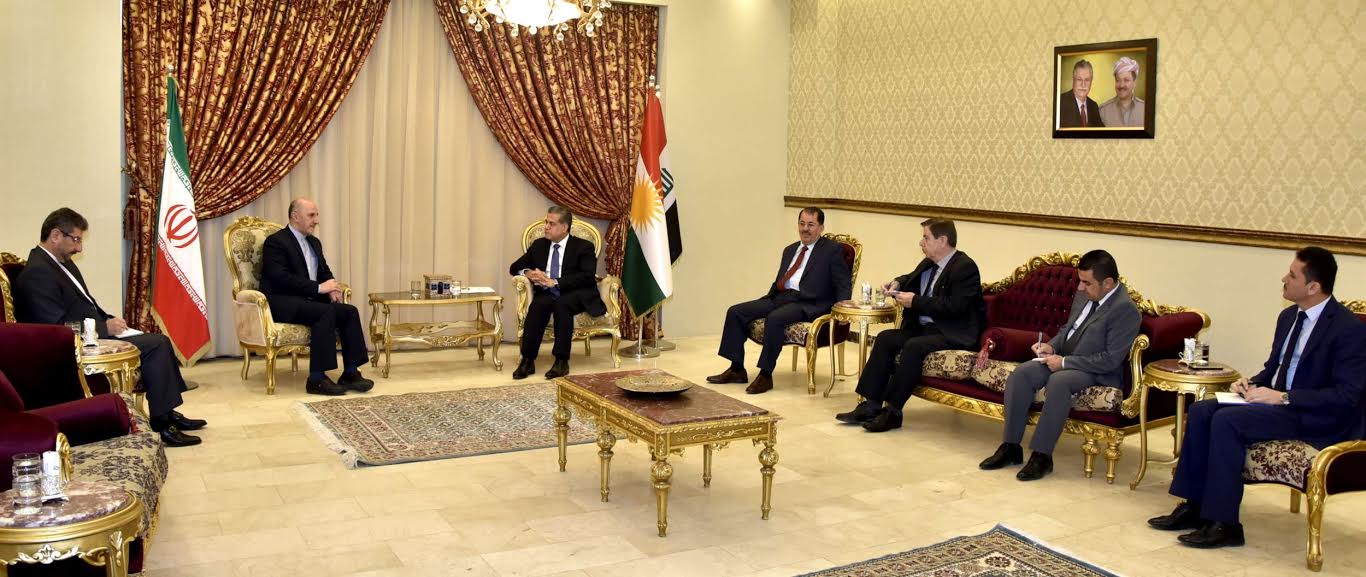
According to official website of Goran Movement, Morteza Ebadi, Iran’s Consul General in
Erbil, Iraq, met with Omar Seyyed Ali, the leader of this movement in the city of Sulaymaniyah to discuss developments before September 25 referendum. In this meeting, the friendly, close relationship between Iran and Goran Movement was underscored.
Goran Movement was formed in 2006 by branching of Nawshirwan Mostafa, one of co-founders and leaders of Patriotic Union of Kurdistan.
Anatoli news agency
♦ 12 million people under poverty line
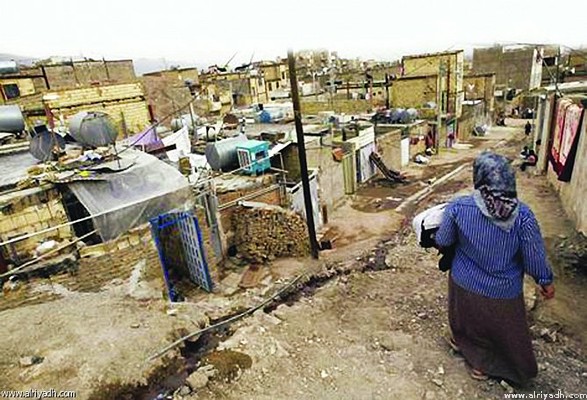
The crisis in 18 pension funds, absolute poverty, unemployment, and social crises are four huge challenges which exist in the field of the ministry of cooperatives, labor, and social welfare. These are the challenges that Ali Rabiee, candidate for this ministry, will have to face if he gains vote of confidence from Iranian parliament.
According to statistics, there are 12 million people under the line of absolute poverty, and 25 to 30 million people are under the line of relative poverty. In all, these statistics show that 15% of the Iranian population are under the poverty line.
Abrar Eghtesadi
♦ New agreement to buy 16 Airbuses and Boeings

With the implementation of JCPOA, Iranian airlines are seeking to purchase their aircraft from Airbus and Boeing. Kish Air is the most recent one in this regard. Kish Air CEO Mohammad Taghi Jafari pointed out to purchasing 6 Airbuses 320 for Kish Air, which will join its fleet by the end of this year, adding that a memorandum of understanding for buying 10 aircraft of Boeing Max-737 has been signed with this company.
Pointing out to the memorandum of understanding, Jafari said recently they had held talks with representative of Boeing company that had the permit to sell the aircraft. He added these aircraft can easily fly in 5 to 6-hour routes.
Iran
♦ Lawmaker levels insults at Zarif in Parliament
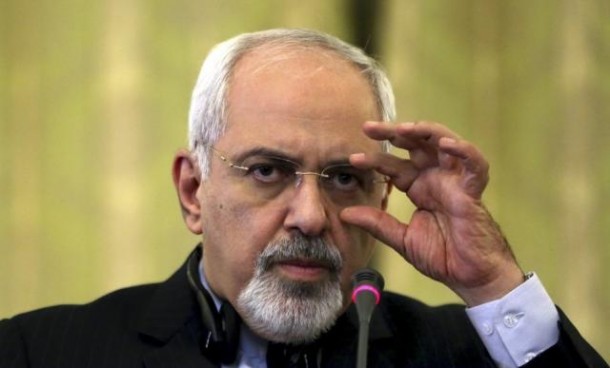
One of MPs hurled insults at Mohammad Javad Zarif at the open session of Parliament. During parliament’s open session for reviewing competence and plans of candidates suggested for the 12th government, Zarif took the stand to talk about his plans for future and defend his own past performance. During Zarif’s talk, Khorramshahr MP Abdullah Sameri suddenly started to shout and call Zarif a “liar”. He repeated it several times while adding other insults to it. Later Sameri said, “I didn’t use offensive language. I had an objection to statistics that the minister was presenting. These statistics are false.”
Khabar
♦ Military official: Compromise with U.S. means losing identity
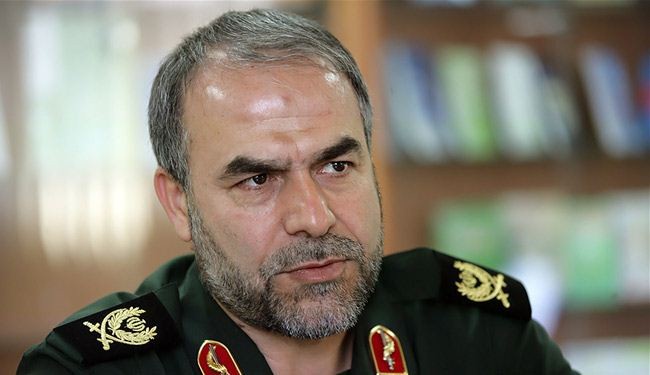
Advisor to the deputy of supreme leader in Iran Revolutionary Guards Corps (IRGC) urged that “compromise with America means losing identity, independence and religion”. Brigadier-General Yadollah Javani said some people, currents, and groups are seeking to create “doubt” as to the “principle of resistance against the enemy.” He added that “the enemy doesn’t dare to shoot a bullet towards us due to progress in defense and military industry, missile capability, ground units, and presence of Basijis.”
Arman Emrouz
♦ Banking system in crisis
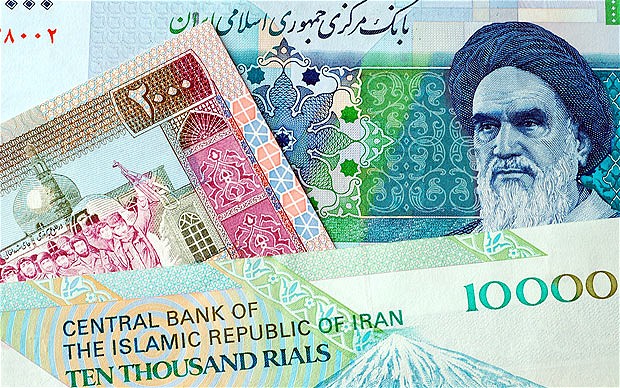
The incidents that took place in past months with respect to illegal financial and credit institutes throughout Iran damaged public trust in banking network of the country. In consequence, people have lost their trust in some banks and financial credit institutes. These incidents created problems for legal institutes, extending the crisis to the whole banking system and country’s economy.
Jahan Sanat
